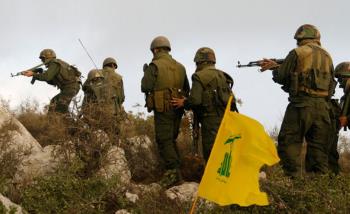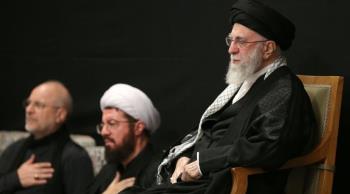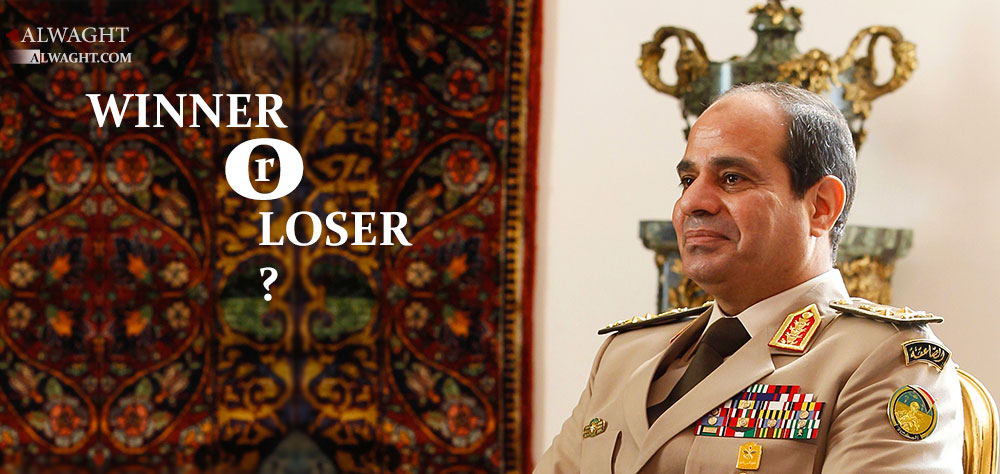Alwaght- The Egyptian government is one of the sides profiting from widespread insecurity and instability in West Asia region. After a year of rule of government of the pro-Muslim Brotherhood former President Mohamed Morsi, President Abdel Fatah el-Sisi rose to the power in Egypt, restoring Cairo fully in line with security policies of the US and the Israeli regime. However, Egypt’s growing dependence on financial supports of the Persian Gulf Arab states, especially Saudi Arabia, has led in decline of the US sway over Cairo.
Cairo’s successful efforts to re-establish itself as a regional anti-terrorism force has won welcome of Egypt’s allies. This, in fact to some extent, has improved Egypt’s regional prestige, resulting in a disregard of human rights violations of the Egyptian government across the country.
Though gaining successes in the foreign policy, the government of the former army General el-Sisi is still grappling with instability challenge at home. Although Egypt is short of material resources to pursue its interests across the region, it enjoys political resources for the same aim which include Cairo’s key position as a linking point of the Arab world, Africa and the East. Furthermore, the control over Suez Canal, a transit route of the vessels carrying oil to Europe and the US, as well as Egypt’s size and relatively large population help Cairo have cultural influence and save its traditional leadership of the Arab world.
Since 2011, the Egyptian leaders have vowed to restore Egypt’s lost place majorly among the Arab countries. Cairo’s largest geopolitical advantage is its indispensable potential for playing significant role to de-conflict many of the disputes in the region. Following 2011 Arab world’s uprisings, which also toppled the former Egyptian President Hosni Mubarak, Egypt has strengthened its role as a mediating state and at the same time added to its geopolitical advantages. Actually, the rise of the terror group ISIS in the region and ongoing civil conflicts of Egypt and the neighboring Libya have improved Cairo’s role as a firm barrier in the face of regional chaos.
However, Cairo’s role as a power advocating the status quo does not indicate that a process of democratization in Egypt or elsewhere in the region is under way.
The stabilization of el-Sisi’s position in Egypt is tied largely to Cairo’s playing the major role of a counter-extremism force in the heart of the chaos. This is the top role the US and the EU expect Egypt to take as part of their West Asian policy- a policy that leads the two powers turn a blind eye to the violation of democratic standards inside Egypt.
In the current conditions, Egypt more than ever is in need of the foreign aids, while its largest Persian Gulf-based supporter Saudi Arabia follows an authoritarian foreign policy. At the same time, it is almost unclear how long the Cairo-Riyadh’s alliance, which serves as el-Sisi’s vital supply line, could go ahead.



























